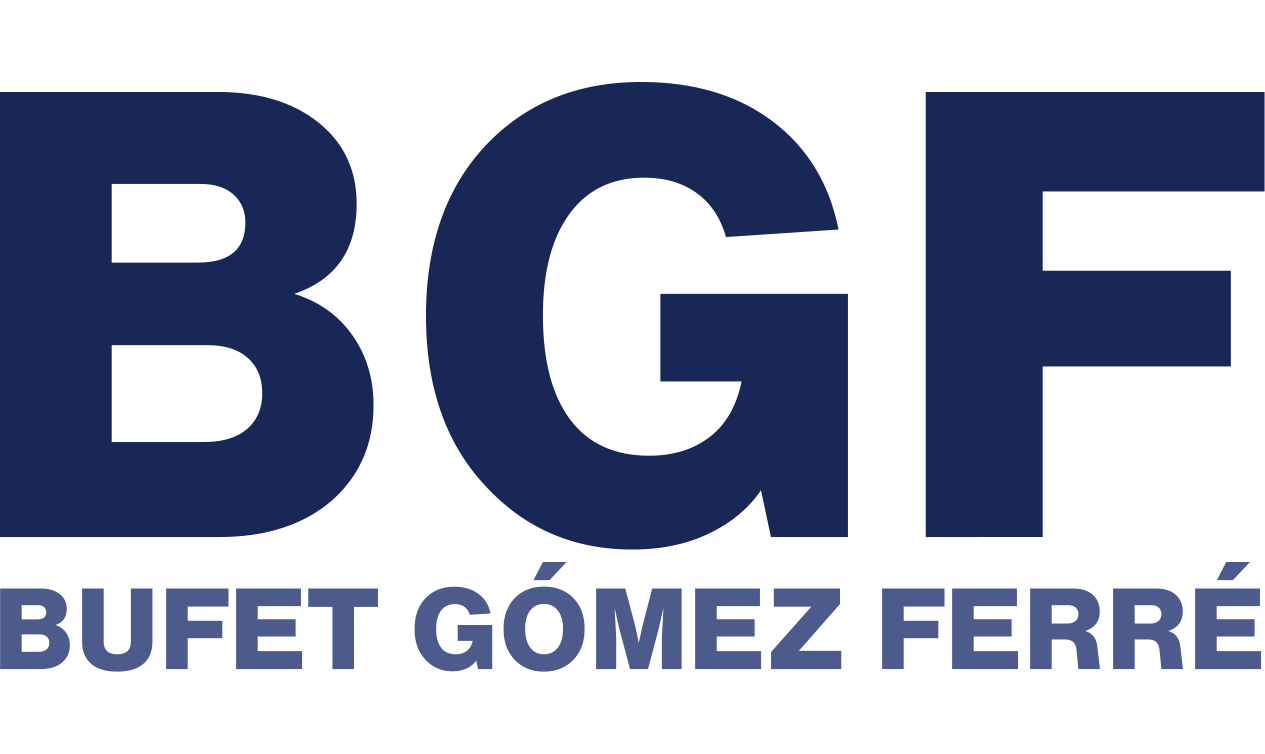
Fast loans and microcredits have become a common solution in the face of unexpected financial difficulties. However, they often hide abusive interest rates that can lead to excessive consumer debt.
In this article, we explain how to claim usurious interest rates on loans and microcredits, how to identify when an interest rate is abusive, and why it is advisable to consult specialized loan claim lawyers to recover the overpaid amounts.
What are usurious interest rates on loans and microcredits?
Usurious interest rates on loans and microcredits are excessively high interest rates that exceed the average market rate and are deemed abusive toward the consumer. In Spain, the Law for the Repression of Usury (Azcárate Law of 1908) states that a loan is null and void if it imposes interest rates “notably higher than the normal rate of money” or if it is granted under “oppressive” conditions.
Microcredits, also known as quick loans, often carry interest rates exceeding 2,000% APR, and in extreme cases can reach as high as 24,000%. Additionally, they are often granted without assessing the customer’s solvency, which further reinforces their abusive nature. Some of the most frequently reported companies for abusive interest rates on microcredits include Cofidis, Cetelem, Vivus, Cashper, Creditea, Dineo, Moneyman, and Caixabank, among others.
How to identify an abusive interest rate?
An effective way to determine whether you are facing a case of usury in microcredits is to compare the APR of your loan with the average rate published by the Bank of Spain for similar products. If the interest rate exceeds that average by more than 6 percentage points, courts may consider it a usurious interest rate subject to legal claim. For example, if the average rate is 20% APR, a microcredit with a 30% APR or higher may be claimable for abusive interest.
Additionally, if you detect a lack of transparency in pre-contractual information, hidden fees, or unclear clauses, these may also be signs of usury in microcredits or quick loans.
This legal doctrine, particularly established in the context of revolving credit cards, is also applicable to claims for abusive interest in microcredits. It may result in the loan contract being declared null and the excess amounts paid being refunded.
If you also have doubts about the interest rates on your revolving cards or want to know more about how to claim revolving credit cards and other abusive clauses, we recommend reading this other article on our blog: Claiming revolving credit cards and other abusive clauses.
Steps to claim usurious interest rates
If you have been a victim of excessive interest rates, you can start a claim for abusive interest in microcredits to recover your money. These are the steps recommended by expert lawyers in microcredit claims:
1. Review the contract and conditions
Check the microcredit agreement and verify the APR applied, as well as any additional fees. Compare this data with the average interest rates published by the Bank of Spain to see if it exceeds the market average.
2. Gather documentation
Collect all relevant documents: microcredit agreement, payment receipts, bank statements, emails, or messages with the lender. An expert banking claims lawyer can guide you on the required documents to initiate the claim and strengthen your case.
3. Abusive interest claim template for microcredits
Once the documentation is ready, you can submit a claim template for abusive interest in microcredits to the lending entity, detailing the grounds for your claim and requesting the annulment of the abusive interest. The lender must respond within an approximate period of 2 months. If there is no response or the solution is unsatisfactory, the claim can be escalated to higher authorities.
4. Claim before the Bank of Spain or through legal proceedings
If no resolution is reached out of court, you can file your case with the Bank of Spain or initiate a legal claim with the help of lawyers specialized in microcredit claims. Case law is generally favorable to the consumer when usury is proven.
5. Stop paying abusive interest
Once the claim is initiated, you may stop paying interest and limit your repayment to only the principal amount received, as recognized by Spanish courts in numerous rulings on abusive interest in microcredits.
Required documentation to claim abusive interest in microcredits
To file a claim for abusive interest in microcredits, you will need the following documentation:
Depending on the case, more or fewer documents may be required, but in general, this is a possible list of the essential elements to prove the existence of usury in microcredits and request the annulment of the contract. The more documentation you provide, the stronger and more effective your claim for abusive interest will be and the better your defense before the financial institution.
Frequently Asked Questions
Yes, you can claim abusive interest on old microcredits, even if you have already paid them off. There is no specific statute of limitations for this type of claim, although it is advisable to act as soon as possible to avoid issues with evidence.
Even if you have already paid off the microcredit, you can claim a refund of the excess amount paid due to abusive interest and fees. Claims for usurious interest in microcredits are valid even when the contract has ended, allowing you to recover overpaid amounts.
Yes, you can initiate a claim for abusive interest even if the loan is still pending or unpaid. In such cases, you would only have to return the principal amount received, without abusive interest or fees, if the court upholds your claim.
Free legal consultation – Lawyers specialised in banking claims
Get a free legal consultation at our law firm located in the center of Barcelona.
At BUFET GOMEZ FERRÉ, we have a team of lawyers specialized in banking claims, microcredits, quick loans and abusive financial products, backed by over 25 years of experience in Banking Law. We can help you claim abusive microcredits, usurious interest, and revolving credit cards, offering complete transparency and personalized attention from the very beginning.
We operate under our success-fee billing model as results-based lawyers, meaning our service cost will depend on the success of your claim, adapting to the financial situation of each client. Contact our law firm for a free initial consultation with no obligation, or visit our Banking Law page to learn more about our services.




